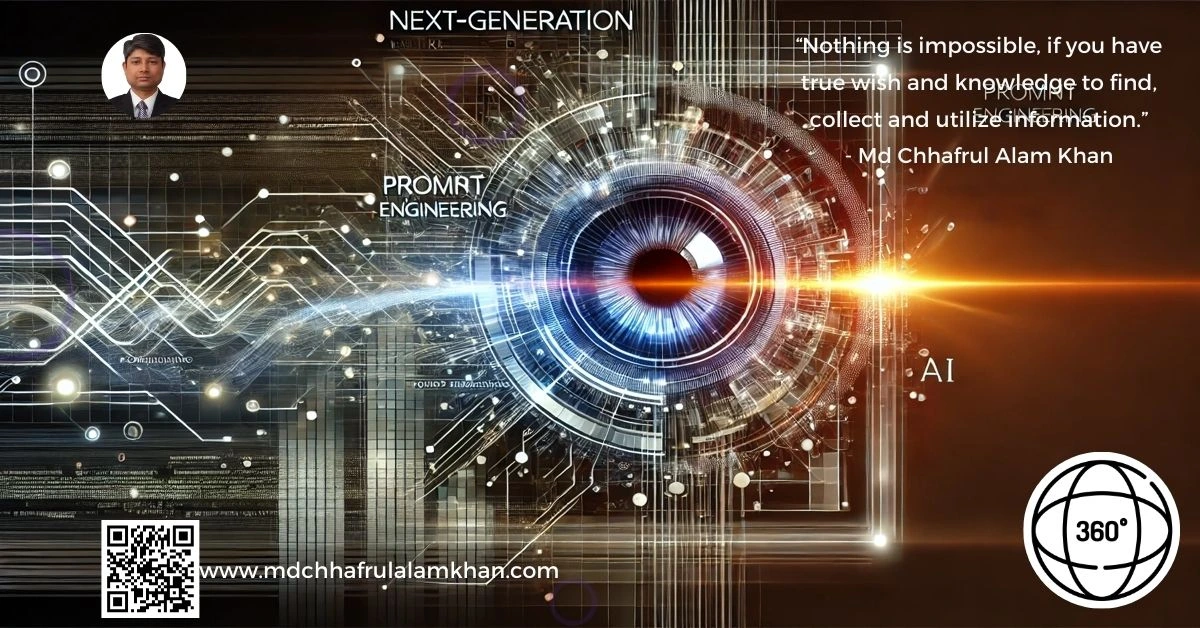Artificial Intelligence (AI) is evolving at a remarkable pace, reshaping industries, economies, and daily life. While its potential benefits are profound, a growing chorus of experts, ethicists, and policymakers warn that the rapid advancement of AI may be outpacing society’s ability to manage its implications. This article explores both sides of the debate—Are we moving too fast? Or just fast enough?
Table of Contents
- Introduction: The AI Acceleration
- Arguments That AI Is Advancing Too Fast
- Ethical and Societal Implications
- Regulatory Gaps
- Adaptation Challenges
- Risks of Misuse
- Counterarguments: Why the Speed May Be Justified
- Innovation as an Opportunity
- Technological Inevitability
- AI as a Force for Good
- What Experts and Institutions Say
- Striking the Right Balance
- What’s Next? Future of AI Governance
- Frequently Asked Questions (FAQs)
Introduction: The AI Acceleration
From generative AI models like ChatGPT and Google Gemini to autonomous vehicles and AI-driven diagnostics, artificial intelligence is becoming embedded in everyday life. However, can societal systems—ethical frameworks, laws, and governance—adapt as quickly as the technology itself?
Arguments That AI Is Advancing Too Fast
1. Ethical and Societal Implications
AI impacts key aspects of human life:
- Employment: Automation is displacing certain job sectors faster than reskilling can keep up.
- Bias and Discrimination: Machine learning systems have replicated and amplified societal biases.
- Privacy: Facial recognition and data harvesting raise serious surveillance concerns.
- Autonomy: AI’s decision-making in areas like criminal justice, finance, and healthcare has ethical repercussions.
🧠 Example: In 2024, a healthcare algorithm in the U.S. was found to recommend less care for Black patients due to biased training data.
2. Lack of Regulatory Oversight
AI development is currently outpacing legislation:
- Governments globally are scrambling to define AI policies.
- The EU’s AI Act and U.S. Executive Order on Safe AI (both in 2024) are just early steps.
- No unified international standard exists to ensure ethical use across borders.
3. Difficulty in Adapting to Rapid Change
Institutions and the public face:
- Information gaps
- Education lag
- Resistance to change
Many sectors aren’t prepared to integrate AI responsibly or effectively.
4. Potential for Misuse
AI opens doors to new threats:
- Deepfakes and misinformation campaigns
- AI-assisted cyberattacks
- Autonomous weapons systems
- Synthetic biology manipulation
Without strict guardrails, these risks could lead to severe global security crises.
Counterarguments: Why the Speed May Be Justified
1. AI’s Transformational Benefits
AI can revolutionize:
- Healthcare (early diagnostics, drug discovery)
- Climate science (predictive modeling)
- Education (personalized learning)
- Accessibility (language translation, assistive tools)
2. Technological Progress Is Inevitable
Slowing AI progress could:
- Hamper global competitiveness
- Delay life-saving innovations
- Empower less ethical actors to leap ahead
🚀 Insight: According to McKinsey (2024), countries investing aggressively in AI see 1.4–2.0x productivity growth rates compared to others.
3. AI as a Tool for Good
With responsible development:
- AI can augment human capabilities, not just replace them.
- Public-private partnerships can embed ethics into design.
- Open-source AI frameworks (e.g., Meta’s LLaMA 3) are fostering transparency and inclusivity.
What Experts and Institutions Say
| Expert / Institution | Position | Notable Statement |
|---|---|---|
| Geoffrey Hinton (AI pioneer) | Concerned | “We could be close to something dangerous if we’re not cautious.” |
| Sam Altman (OpenAI CEO) | Pro-regulation | “We need AI safety standards—globally.” |
| EU Commission | Cautiously optimistic | “AI innovation must be human-centric and trustworthy.” |
| UNESCO AI Ethics Commission | Advocates regulation | “Ethics must guide AI from the start.” |
Striking the Right Balance
✅ Balance is the key:
We must enable innovation while simultaneously building robust guardrails to protect against potential harms.
Key Actions:
- Invest in AI literacy and public education.
- Implement real-time regulation (sandbox testing, impact assessments).
- Foster international cooperation for unified AI standards.
- Incentivize ethical AI development through grants and certification.
What’s Next? Future of AI Governance
- Global AI Accord: UN-led discussions hint at a future international treaty.
- AI Alignment Research: Increasing focus on ensuring AI systems reflect human values.
- AI and Human Rights Frameworks: Legal systems adapting to define liability and consent.
📚 Recommended Future Learning:
- Stanford’s AI Index 2025 Report (upcoming)
- “The Alignment Problem” by Brian Christian
- MIT’s AI Policy Series
Frequently Asked Questions (FAQs)
Is AI really advancing too fast?
Yes, many experts believe the speed of AI development is faster than society can adapt ethically, legally, and economically.
Why is fast AI development a problem?
It increases the risk of misuse, bias, job disruption, and regulatory lag—potentially leading to long-term harm.
Can AI be slowed down?
While full slowdown is unlikely, development can be made safer through strategic regulation, open collaboration, and transparency.
What are the biggest risks of unregulated AI?
Deepfakes, autonomous weapons, surveillance, discrimination, and existential risks related to superintelligence.
What should society do to keep up?
- Improve AI education
- Update legal frameworks
- Support ethical AI startups
- Push for global cooperation
Conclusion:
AI’s rapid rise is both a marvel and a challenge. Rather than resist its growth or embrace it blindly, the smarter approach is guided acceleration—promoting innovation while reinforcing the ethical, social, and legal frameworks needed to support it.

